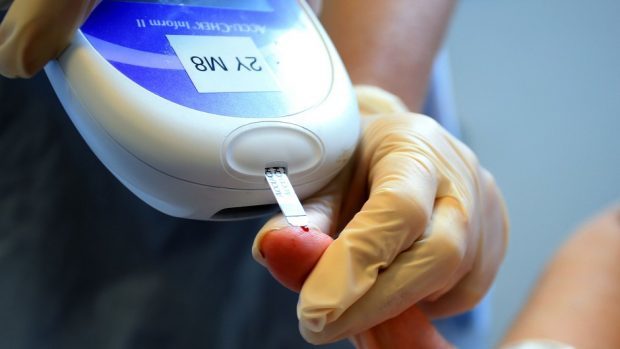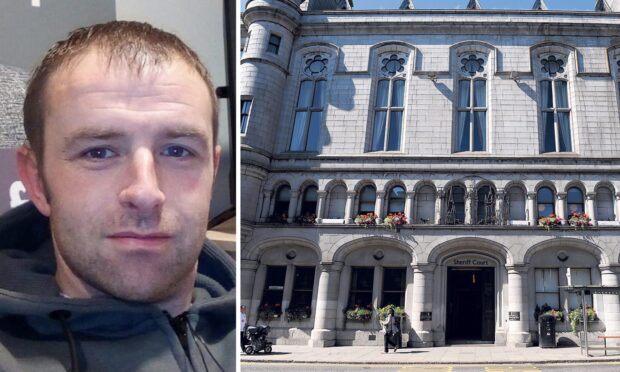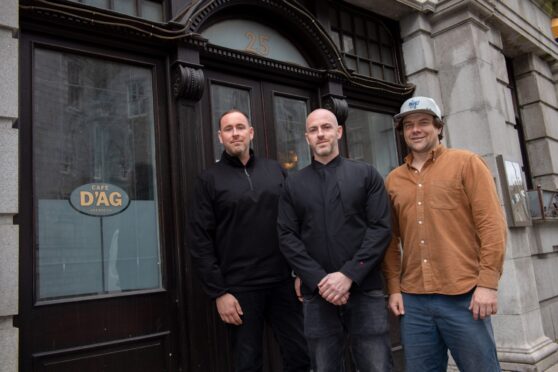Scientists researching the causes of type one diabetes will launch a new study in Scotland this year in an attempt to find a breakthrough in the battle against the disease.
With the third-highest rate of type one diabetes in the world, Scotland has been identified as a key area for researchers in determining what factors can lead to people developing the condition.
This year a team from Exeter University, with support from Dundee University and NHS Tayside, will be contacting 6,400 families north of the border affected by the illness for their study – the autoimmune diabetes Accelerator Prevention Trial (adAPT).
The medical researchers will be inviting the siblings of sufferers of the disease and children aged between five and 16 in these families to take a blood test to find out if they are at risk of type one diabetes.
If the youngsters are found to be possibly developing the condition, they will be invited to take part in the team’s clinical trial using the drug metaformin, which is one of the world’s most commonly prescribed medicines for the disease – and one of the cheapest.
The trial will be the first of its kind to test a hypothesis first proposed in 2001 for the cause of the condition.
Researchers will use the data from Scottish patients to determine if autoimmune diseases such as type one diabetes can develop due to beta cells – the pancreatic cells which produce insulin – becoming damaged.
The hypothesis proposes that due to the change in the diet of modern humans, the cells are being overworked, which results in them sending out signals to the body to switch on the immune system to destroy them.
The trial will aim to find out if metaformin can stop this immune response, and save the insulin-producing beta cells.
Professor Terence Wilkin, of Exeter University, who is leading the trial and came up with the original hypothesis, said: “It is possible that a modern environment accelerates the loss of beta cells by overworking and stressing them.
“As a consequence, this could be contributing to the rising incidence of type one diabetes, which is appearing in ever younger age groups.
“If successful, the trial will offer a means of preventing type one diabetes with a cost-effective medication, and could be made immediately available to children at risk.”
The results of the trial are expected to be announced in 2022.










